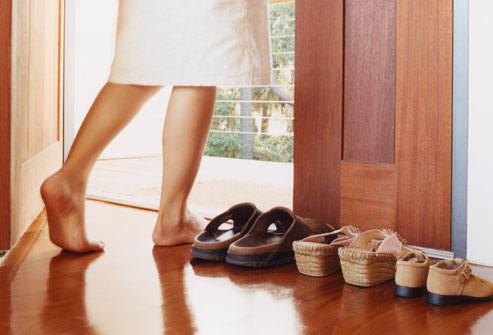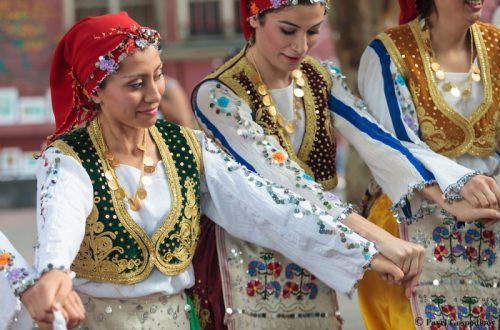
Good manners in Turkey
Often good manners in Turkey or bad manners change from one country to another, from one culture to another. Turkey is a country very close to Europe, but it has a very different and rigid code of conduct and good manners than many European countries. I intend to explain to you the “good” Turkish manners, which you may have observed in some film or television series and which will have aroused your curiosity.
Stay composed! The basis of good manners in Turkey
Two words that every Turk will have heard his mother say are myriad many times, “stay composed”.
Here is a very important aspect of our education. Knowing how to be composed in ways, attitude, clothing and language, in the presence of strangers or older people.
What does it mean? It means for example that young people have to sit correctly, speak moderate in the presence of older people, as well as in front of their fathers or grandparents. It is a form of respect that is taught from an early age.
Although I grew up in France, a country with very free and emancipated customs, I had the obligation to adapt my clothing in the presence of certain people. Dresses that were too short, too low-cut or too tight, were not well seen in the presence of elderly people, even my father.
Of course these are habits that are changing, certainly the new generations of Turkish parents are a bit more flexible in this respect. However I am convinced that the visit of a distant uncle or simply elderly grandparent causes anxiety to them too.
Sitting arrangements with the elderly present in Turkey
Another habit that often leaves Europeans surprised is the fact of sitting or getting up after older people are entering or leaving the room.
I still have childhood memories in Turkey, when my brothers and I were sitting in front of the television and my mother’s voice reached us “Kalkın, babanız geldi” or “get up, your father has arrived”. Arriving from work, after a hard day, we had to show him our respect by welcoming him at the door with a “hoşgeldin baba!” (welcome dad!).
After freshening up he would come into the living room, with us still standing waiting, to sit down after him. This may seem a bit “military” but I guarantee you that this does not take away love and affection at all, my father was a very affectionate man and very playful with us.
Never cross your legs in the presence of an elderly person
This is another habit that is undergoing a change, but in many families, even today, young people avoid crossing their legs, or sitting sideways, or sitting too “sprawled” in the presence of an older relative. or guest.
In practice, you should not behave as if you were in the company of friends, it would be inappropriate, disrespectful and a sign of little education.
In the same way, we avoid blowing our nose in a loud and noisy way, we would risk feeling heavily observed. We avoid smoking next to our parents or older people in general.
Are they démodé rules?
All these rules, I grant you, may seem from other times. Or do they seem démodé to you?
I think that many Turks have had, some more or less, a rebellion or protest towards these rules, which require a correct attitude, a decent dress and an adequate language in the presence of the elderly.
As a young man, everything is contested, perhaps you have to contest to be able to accept, I have also contested them at times. Then, as mature adults, we look for them, pass them on and live them as a mirror of our identity and our culture.
Myself, being of a double culture and a third one, trying to plot certain rules even in my family. My daughters have to stop all activities to go and say hello to their father as soon as he gets back from work. They have to sit quietly in the presence of adults, they have to moderate tone and language with older people.
Speaking from the heart, I don’t think they are such outdated or ancient rules, but simple forms of respect and education of our modern societies.




